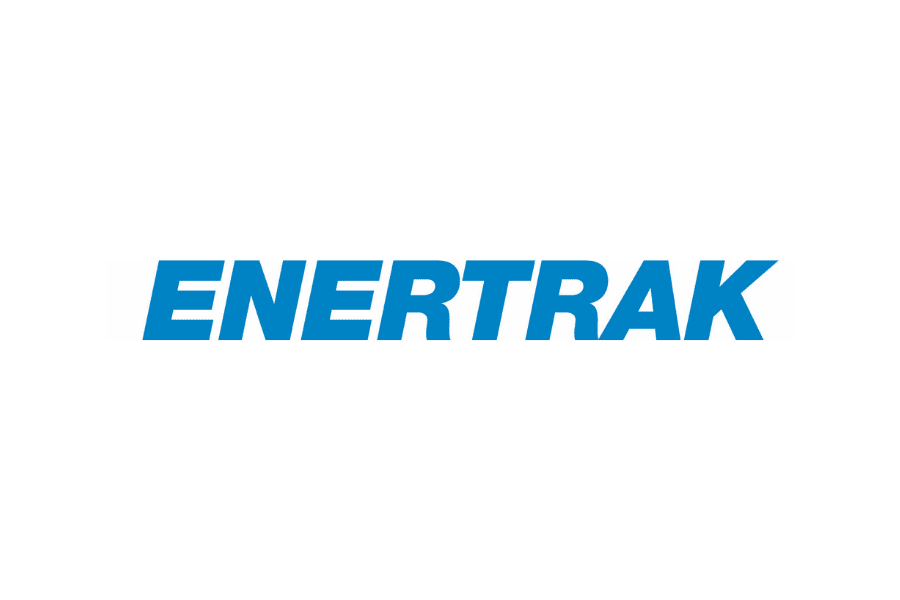Internal web hosting: a strategic choice for businesses
At Lognet, an internet provider for businesses, we know that internal hosting is more than a technical matter. It’s a strategic decision that affects security, performance, and business continuity. Even with the rise of cloud computing, many Canadian organizations still prefer to rely on their own infrastructure to protect websites, manage files, and keep full control over their databases.
Why choose internal web hosting for your business?
Definition and principles of internal hosting
Internal web hosting means storing your site files, databases, and applications on your own servers. Unlike external hosting services, you control your storage space and configurations.
When internal hosting makes more sense than external hosting
This solution works best if you handle sensitive data, want to reduce latency, or need to tailor hosting services to your company’s specific needs.
Internal hosting vs. external web hosting: the real differences
Direct control of your files and databases
External web hosts limit flexibility. With internal hosting, you manage your files, websites, and databases directly.
The benefits of a private data centre
Running your servers in a private data centre strengthens confidentiality and security. You choose the firewalls, protocols, and backup systems that protect your site.
Limits of traditional web hosting providers
External hosting is convenient but often standardized. You may end up with services that don’t match your needs, especially if you want a host that understands local requirements.
Internal web hosting and sensitive data security
How to secure your site with internal infrastructure
With your own servers, you set the security rules. You control access to files and strengthen systems to keep your site safe.
Internal hosting and compliance with Canadian regulations
Some standards require your site files and databases to stay in Canada. Internal hosting makes compliance easier and reduces risks linked to providers who outsource infrastructure outside the country.
Confidentiality and control of strategic files
Your critical data never leaves your infrastructure, lowering the risk of industrial spying or legal issues.
How a private data centre protects your website
The importance of local storage
Owning your storage space gives you more flexibility to manage files and backups.
Redundancy and file backups
A private data centre makes it easier to set up regular backups and redundancy strategies.
Comparison with external data centres
Unlike external providers, you avoid cross-border transfers and keep full control over systems and servers.
Internal hosting: a flexible solution for files and databases
Adapting infrastructure to your business needs
You can build a customized site, scale resources, and integrate all the services your applications require.
Creating a custom website without technical limits
Internal hosting frees you from standardized offers. You configure servers, files, and domains according to your goals.
Integrating every service your applications need
This autonomy gives you the flexibility to run your site under your rules and adjust tools as your needs evolve.
The long-term financial benefits of internal web hosting
Cost of external vs. internal web hosting
External providers charge recurring monthly fees that add up quickly.
Optimizing investments and amortizing equipment
With internal hosting, servers last for years, and costs become predictable.
Full control over expenses
You avoid sudden price hikes imposed by some external hosting services.
Internal hosting and regulatory compliance: a strategic advantage
Meeting local and international standards
Internal hosting helps you comply with Canadian laws and global regulations.
Securing your clients’ critical data
Files stay on your servers, which reassures clients and partners.
Lowering legal risks from foreign cloud services
Hosting your data in Canada shields you from foreign laws like the Patriot Act.
Performance and speed: how internal hosting reduces latency
Proximity between users and servers
The closer your servers are to users, the faster your services respond. Proximity reduces latency and improves user experience.
Continuous availability of files
Your site files and databases stay accessible even if external services fail, avoiding unexpected downtime.
Faster response for critical systems
Industrial and medical companies benefit from internal hosting for real-time applications.
Direct impact on site speed
Hosting files and databases internally improves loading times. Without external congestion, your website stays fast and stable, even during peak hours.
Internal hosting or cloud hosting: which should you choose?
Internal hosting for control and security
You keep full control over files, databases, and configurations.
Air Cloud™: secure cloud hosting in Quebec
Lognet offers Air Cloud™, a safe alternative. Your data stays in Quebec, protected from the Patriot Act, with 24/7 support.
A hybrid approach to get the best of both worlds
Many businesses combine internal hosting with cloud services to take advantage of both.
Why Lognet is the right partner for your internal web hosting needs
A trusted business internet provider
We bring together connectivity, security, and expertise to support your digital projects.
Air Fibre™: strong, stable internet connectivity
With Air Fibre™, you get high-performance internet without slowdowns or outages during peak hours.
A complete service offer to support your digital strategy
With Lognet, you benefit from internal hosting solutions and tailored web hosting services to protect your files, secure your site, and manage your data with confidence.






